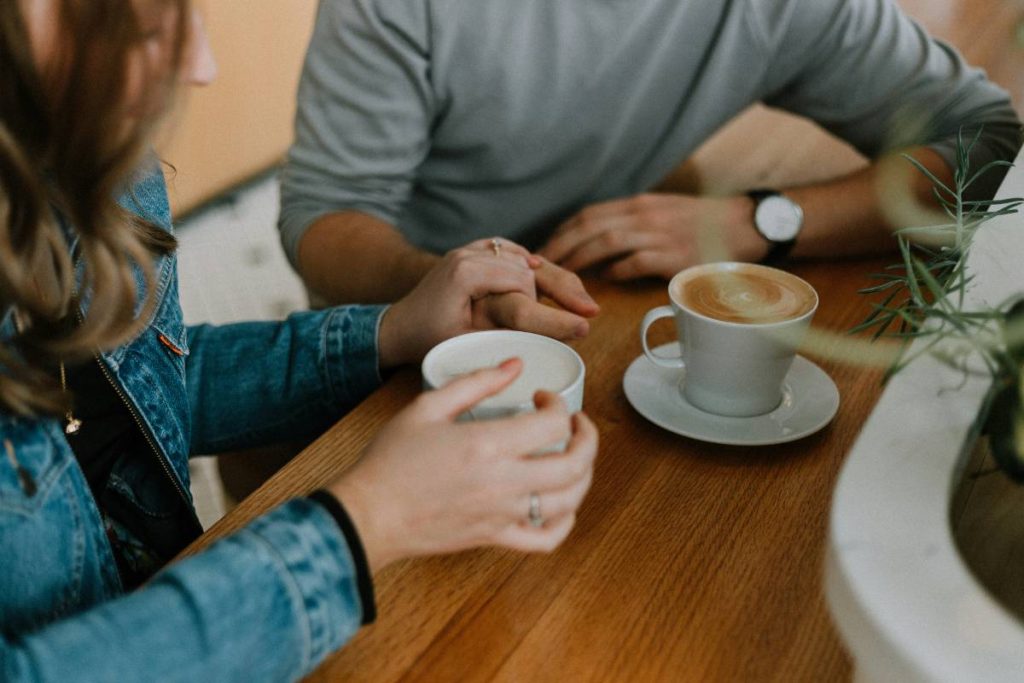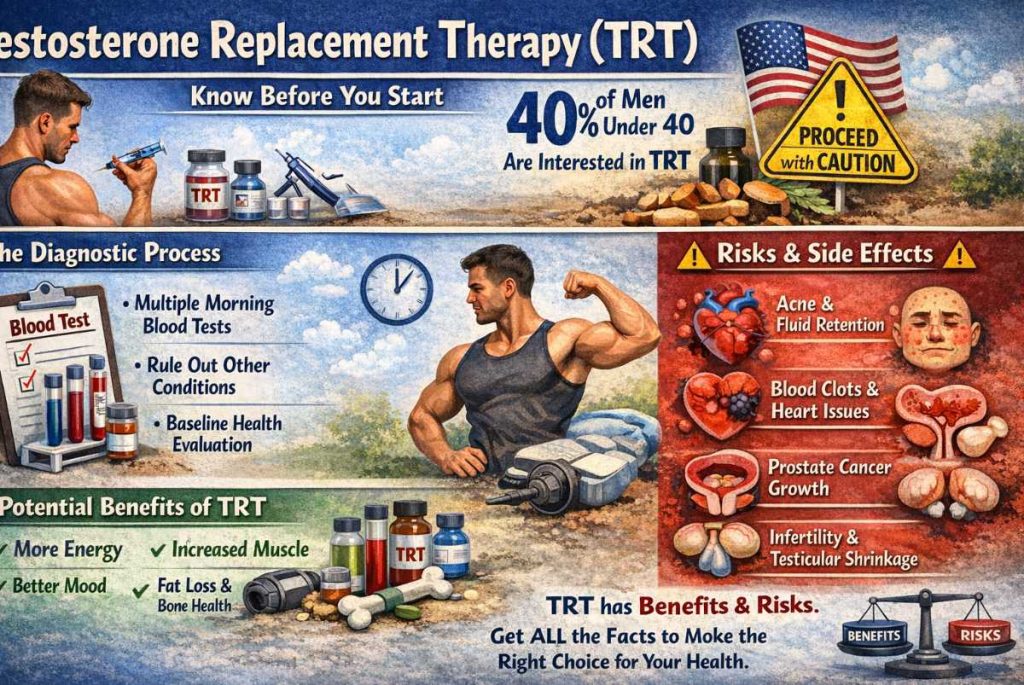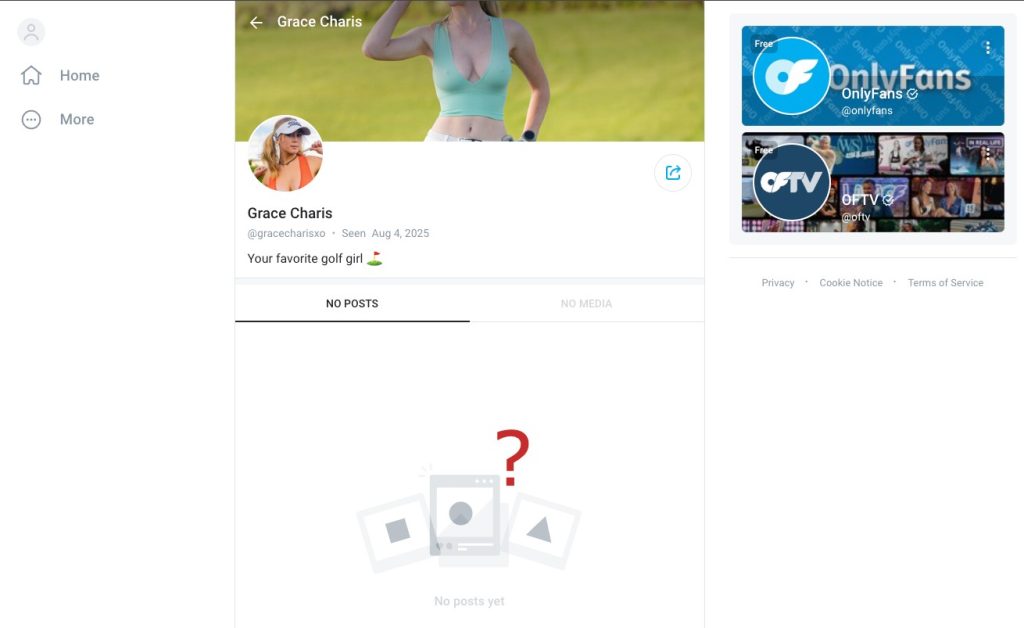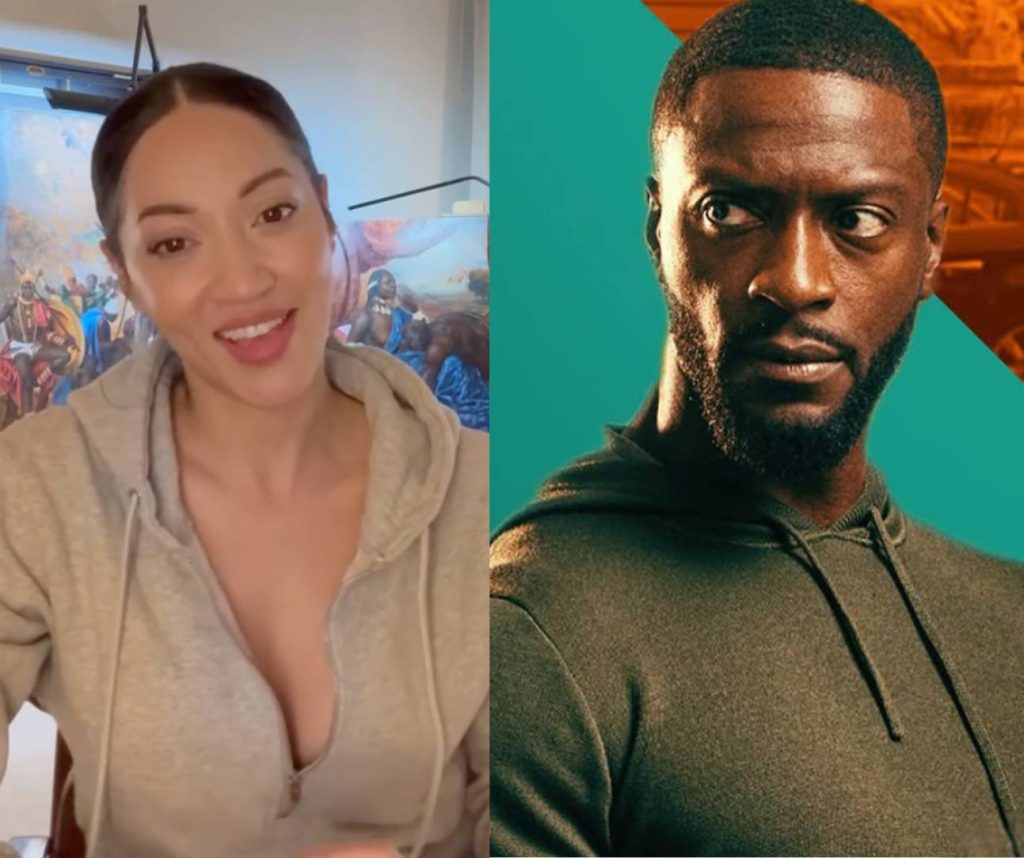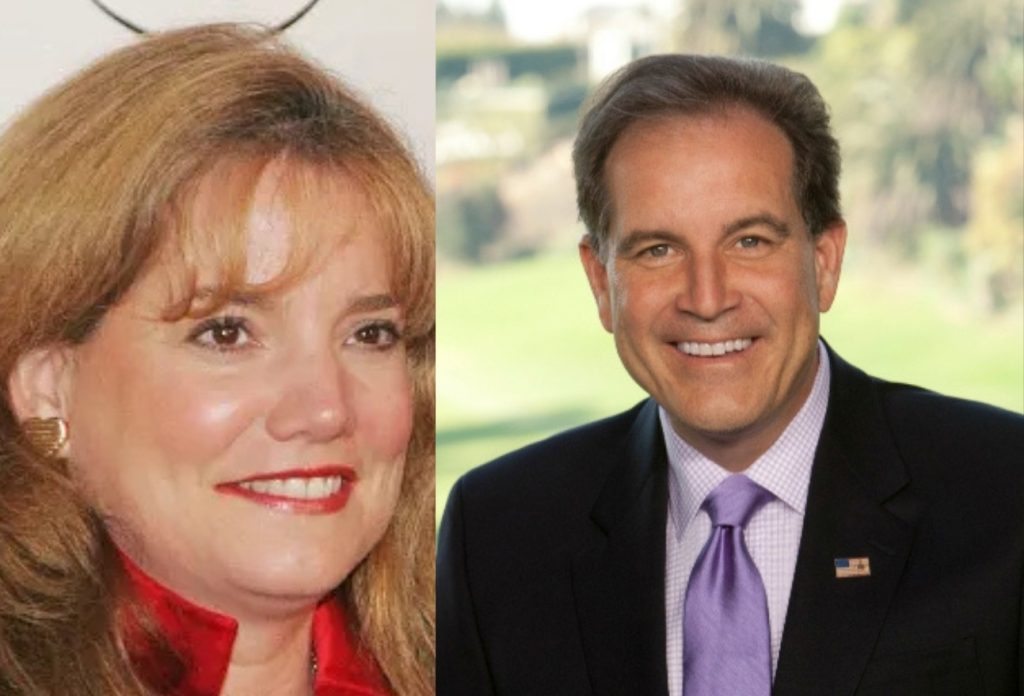People often carry their breakup into their next date. There’s no universal rule for how fast is too fast or what “ready” looks like, but some choices show up again and again. Data from recent relationship studies and dating platforms in 2025 point out the same spots where many stumble.
These mistakes pop up from swiping to texting, all the way to how people talk about love now.
Overestimating Readiness
Most people want to move forward, not sit in old heartache. In 2025, 64% of women on Bumble said they were more upfront about what they wanted after a breakup, so there’s at least more honesty in the mix.
But being able to state wants does not always mean someone is over their ex or ready to meet new people. “Rebound” dating can feel good for self-esteem at first.
One study by Claudia Brumbaugh said people often felt more confident and attractive after dating new people. But it’s easy to use these first dates as a distraction rather than a step forward. Bouncing into something new might push hard questions aside and set up a repeat of the same heartbreak.
Getting Lost Online
One thing that gets in the way of new beginnings is the phone screen. About 65% of ex-couples still keep tabs on each other on social media after splitting up. This habit can drag things out. Scrolling through a former partner’s updates and liking old pictures doesn’t let old feelings settle.
Breakups now often end with a text or a message. About 10% of splits happen through apps, which leaves people stuck with loose ends and questions about respect.
Many experts say this approach leaves a gap, no honest talk, no clarity, and no room for moving on. Some find it hard to let go when the conversation ends with three dots on a screen, instead of words spoken face to face.
Looking Beyond the Usual Choices
After a breakup, some people feel drawn to routines they know, like re-downloading dating apps or texting old flings. Others might try something new, such as long-distance dating, open relationships, or dating a sugar daddy. Each option says something about what a person is prioritizing: comfort, adventure, older partners, or something else.
Picking an unusual path sometimes starts as a joke in a group chat or on a whim at brunch. People talk about getting back with an ex, going exclusive fast, or even joining a friend’s couples’ game night as a “plus one.”
These different choices matter most for how they fit with real needs and honesty, not what anyone else thinks.
Romance Grows Smaller

Grand romantic moves seem less common now. More than half of women in 2025 called themselves “romantics” but showed this through little routines instead of grand gestures. These are called “micro-mances”: sharing a playlist, sending memes, or having special inside jokes.
For 37% of women, the lack of everyday caring made their dates worse. Romance is still there, but it looks smaller and more private, and some people miss how it once felt bigger.
Expecting Too Much, or Too Soon, from Technology
Daters often move quickly from breakups to new matches, sometimes with help from smart tools. In 2025, 27% of people using apps said they liked using artificial intelligence for finding matches, and about 63% of Gen Z singles had tried some kind of AI-aided dating.
New tools can make things easy at first but also push people forward faster than they’re ready. Swiping and chatting sometimes skip over the part where people ask themselves what they really want.
Connecting with someone online may feel instant. But data shows 40% of people who met online later broke up. This points out that matching is not the same as real connection.
It’s common to see people try to stay friendly or keep following an ex, but this blurs lines. Sometimes old wounds come up, and recovery takes longer.
Fast Moves and Skipped Steps
Over-sharing or opening up right away is common now. People want openness, and they expect their new partners to show real feelings. Still, when someone shares too fast, or keeps every detail close, it can make a new connection feel off. Relationship professionals notice that both habits, over-sharing and hiding, make it hard for anything new to grow.
Some date to fill the loneliness. They pick new partners to boost self-esteem rather than work on their own comfort. Others gloss over warning signs because being alone feels worse than dealing with doubts.
New couples often speed toward commitments based on pressure or wanting to fit in, rather than what they know about each other.
Generations Approaching Dating Differently
Younger people, especially Gen Z and Millennials, set boundaries from the start and value talking things out. They also feel pressure from seeing polished lives and stories online, so it becomes easy to compare or second-guess.
These generations want rules, but their worries about matching up with others make dating feel complicated. Therapists say being influenced by what others show online can pull focus from real questions, especially if feelings online match life offline.
Learning to Pause
Many are starting to take advice from friends before meeting someone new. They want more voices in the mix, to check that they aren’t making choices that will hurt them again. It’s also becoming more regular to walk away from early signs of drama.
More daters see the value in hitting pause, focusing on their lives before signing up for another round of dates or swipes. This extra step lets them notice what feels important and decide what comes next.
Mistakes often trace back to skipping this calm moment. A pause allows people to be honest about their reasons for dating, focus on what makes them comfortable, and avoid unwanted drama. It doesn’t guarantee anything, but it helps to move at a pace that feels true to real feelings, not outside pressures.

